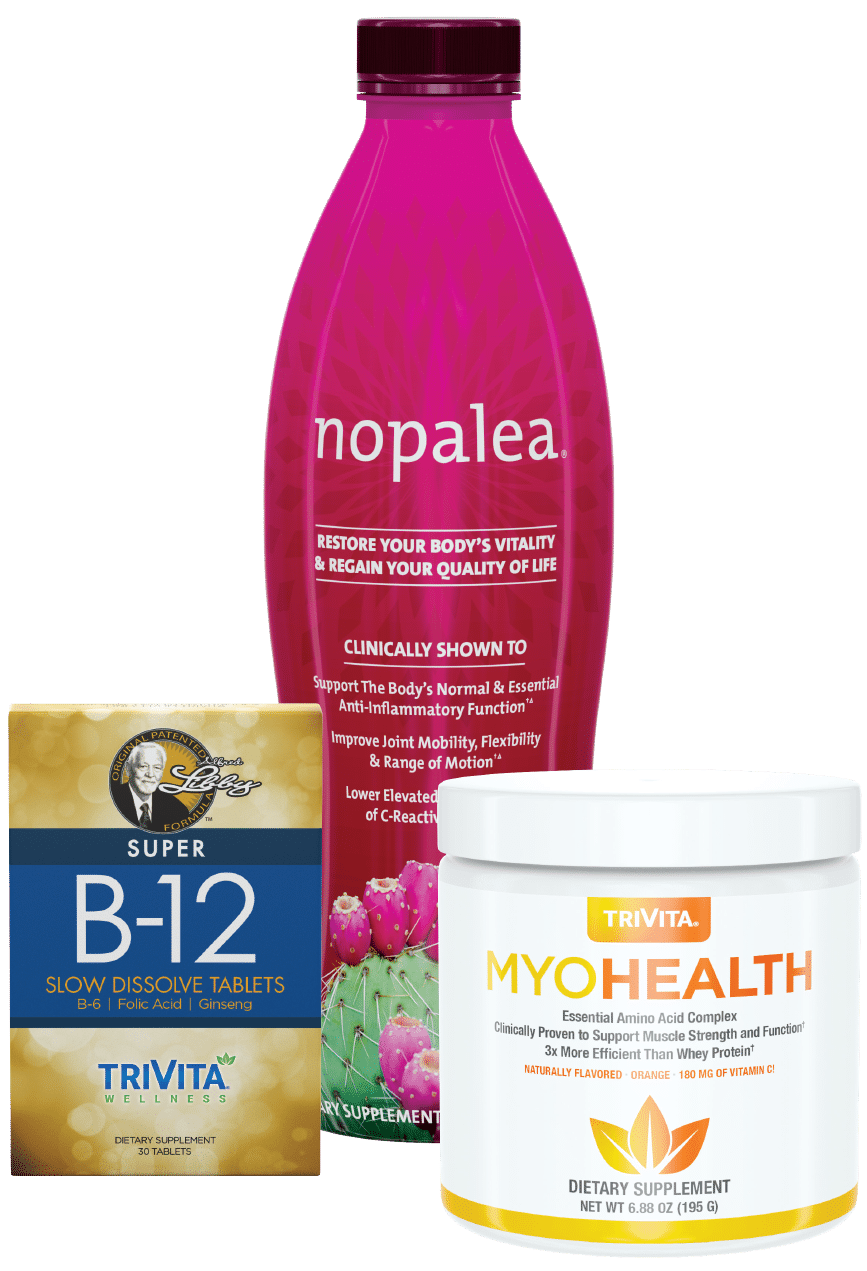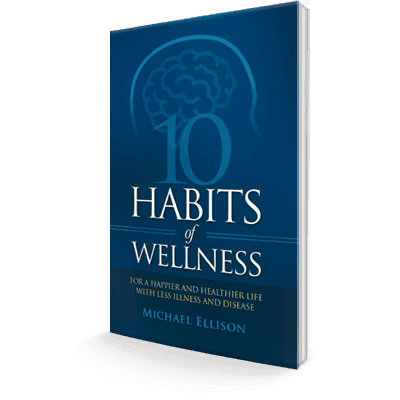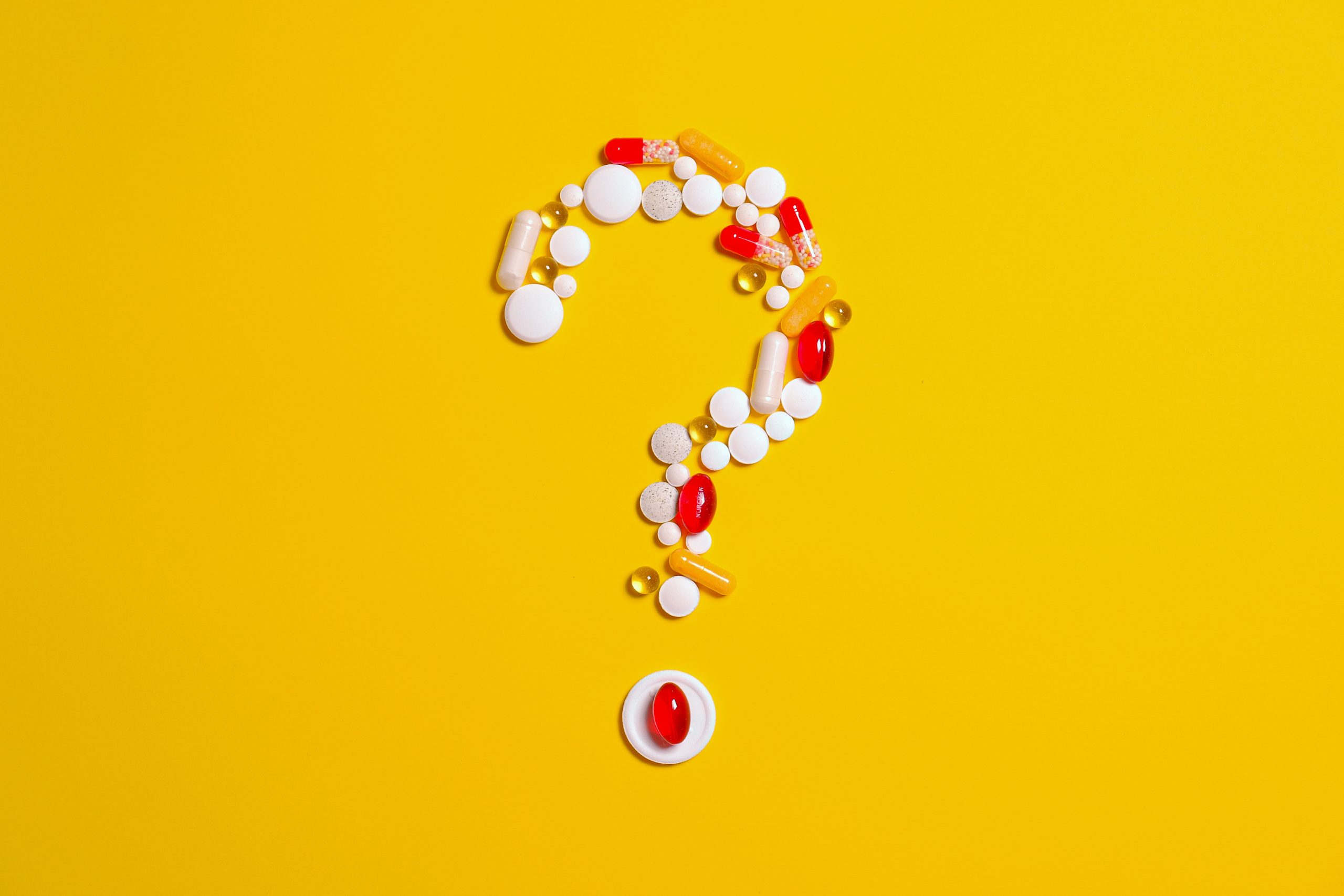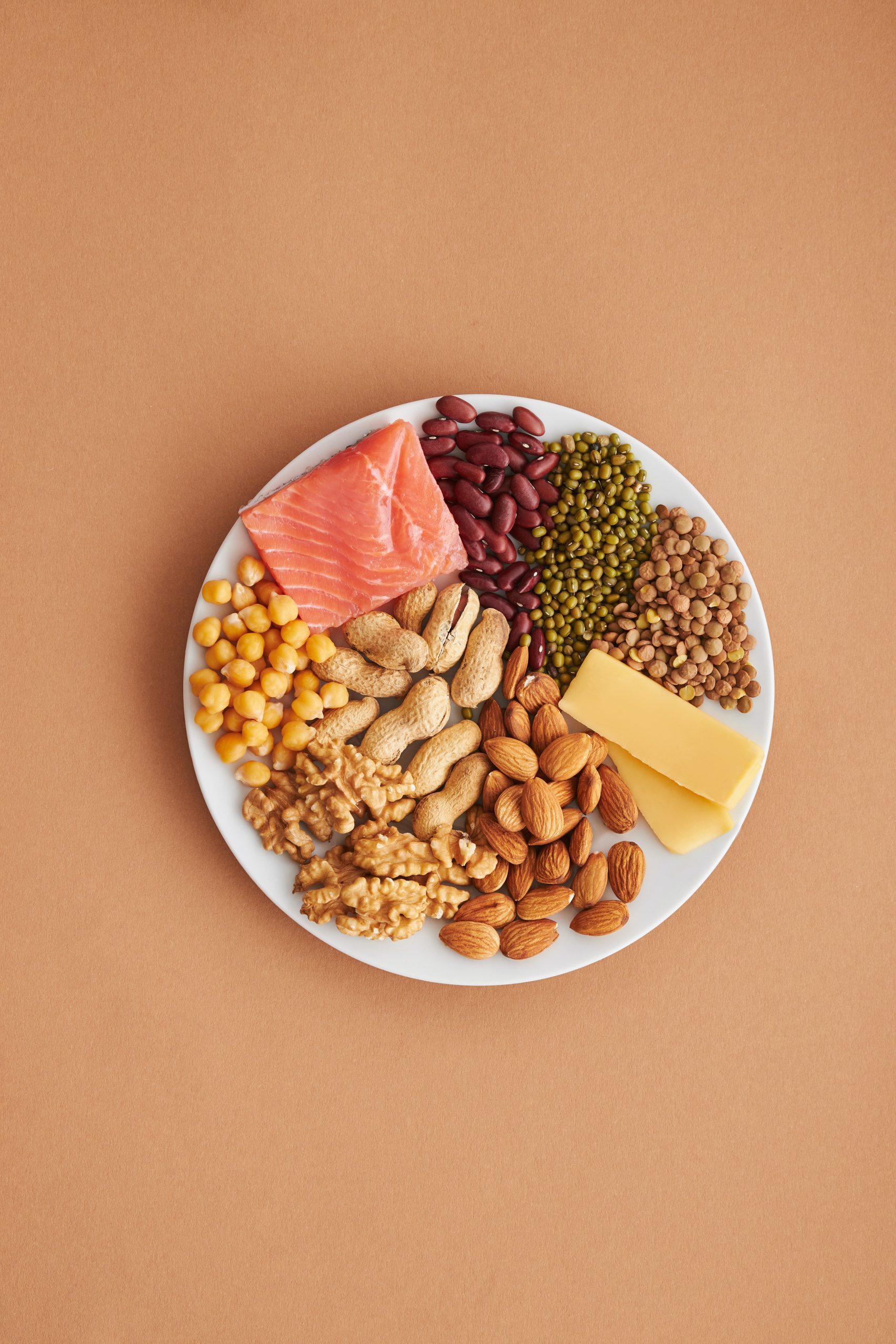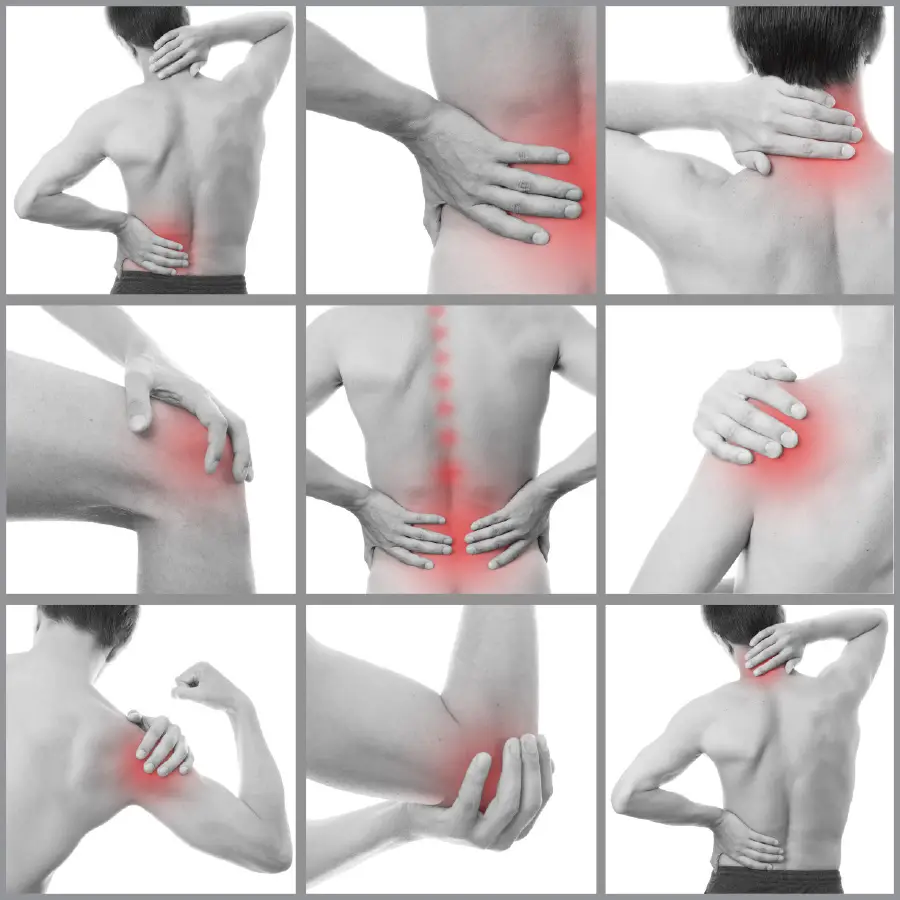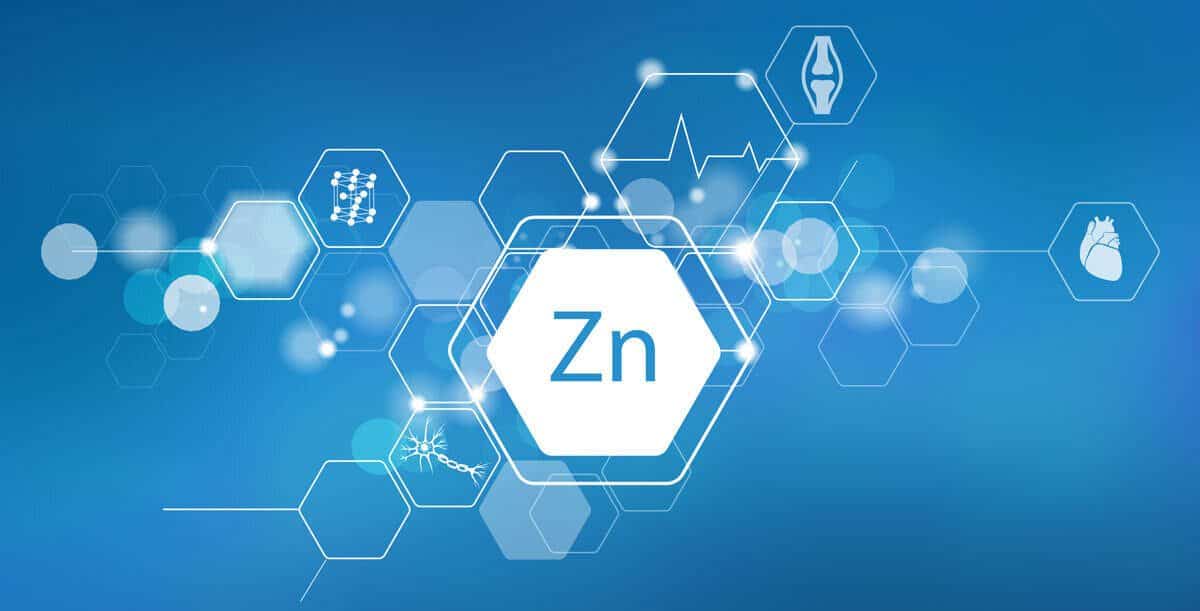Enzymes are found in all living things and assist in the breakdown of materials. They are active non-living proteins secreted by cells to induce chemical changes in other substances that do not change in the process. Enzymes help us breakdown foods into absorbable nutrients such as vitamins and minerals. Vitamins and minerals are co-enzymes which serve as the material, while the enzymes are the molecules that release essential nutrients. If you think about a bruised apple, the result of the bruise is due to the breaking of the cell membranes. This causes the enzymes to leak out and break down the material.

All living things have specific enzymes designed to assist the breakdown of its own material. There are four enzymes: lipase, lactase, protease and pectinase. The enzyme lipase is found in fatty nuts, seeds, avocado and olives to assist in the break-down of fats. Lactase is found in dairy products containing lactose. Protease is found in animal protein to assist in releasing the amino acids in protein. Pectinase is found in fruits and vegetables and releases pectin. It’s important to understand these enzymes are delicate and to keep them intact, they shouldn’t be over-heated or processed.
If you’ve ever wondered why so much of our food has a long shelf life, it’s because the food has been processed through milling, pasteurization and heating. These processes destroy the enzymes found naturally in food. While vitamins and minerals have specific recommended daily allowances, enzymes do not. Without enzymes, the material of the vitamins and minerals in processed foods can’t be properly metabolized. It’s important to chew whole foods thoroughly so you break the cell membranes to let these powerful enzymes assist in the breakdown of foods.

What’s the difference between enzymes and probiotics? The distinction is enzymes are non-living, active molecules, while probiotics are living organisms (a.k.a. bacteria) that live in your gut. Enzymes do the work of breaking foods down and probiotics make up a healthy gut flora. This gut flora works with your brain, endocrine and immune systems. An interesting fact is there are more gut flora bacteria in the human body than human cells in the body.
Probiotics are bacteria that make up the vast milky way of your microbiome. Probiotics are the “good bacteria” that combat “the bad bacteria” like pathogens and germs. When good bacteria and bad bacteria get out of balance, a wide variety of symptoms can develop including cravings, heartburn, acid reflux, gas, bloating, irritable bowel syndrome, celiac disease, auto-immune conditions, frequent colds, flu & infection, abnormal stools, leaky gut, allergies, obesity, insulin resistance, insomnia, anxiety and depression. An imbalance of healthy flora can be caused by prolonged stress triggering a fight and flight stress response of the autonomic system. This can lead to high levels of cortisol and chronic inflammation. A high-process food diet, alcohol abuse, and certain medications such as antibiotics can disrupt a healthy gut flora. The main things to avoid for good gut health are prolonged stress, refined sugar, saturated fat, alcohol, and processed foods with additives, preservatives, dyes, herbicides and pesticides. Probiotics can be found in fermented foods such as unsweetened yogurt, kimchi, sauerkraut, kefir, miso, pickles, salt brined olives and kombucha.

The term biotic means “life.” A probiotic is a pro-life substance, and a prebiotic is a pre-life substance. Prebiotics are essentially the food for probiotics. When taking pre and probiotics together, you’re creating syn-biotics that are needed for a healthy gut flora. Prebiotics are found in fiber-rich plant foods such as fruits, vegetables, nuts, seeds, grains and legumes. These foods should represent 70 percent of your diet and should be whole and unprocessed whenever possible. Taking probiotic supplements and eating probiotic-rich foods are considered safe.
As a key takeaway, over-heating foods destroys the enzymes that assist in the breakdown of foods for their vitamins and minerals. Consuming pre and probiotic foods daily or taking a good probiotic supplement can enhance your gut flora while reducing stress and other harmful microbiota disrupters. Finally, ensure you’re getting prebiotics in your daily food supply so you can provide your probiotics with what they need to thrive.

